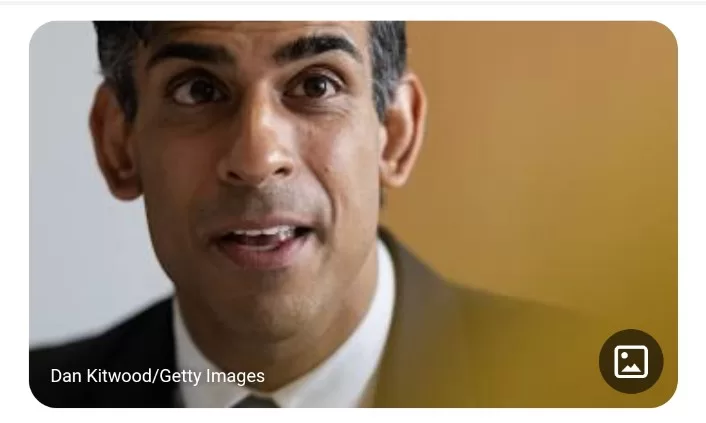New Delhi: British government officials have expressed a strong desire to host an Indian Institute of Technology (IIT) offshore campus in the United Kingdom, with discussions already underway between some UK universities and IITs to explore this possibility. Additionally, several UK universities are keen on establishing branch campuses in India, awaiting the final regulatory framework from the University Grants Commission (UGC) to proceed formally. Notably, five UK universities currently operate campuses in Malaysia, showcasing their expertise in such endeavors.
“Indeed, there have been discussions regarding the establishment of IIT campuses abroad. We have engaged with the Indian High Commission in London because we believe that nothing would better symbolize the authentic, mutually beneficial nature of the relationship between our two nations than IITs or other premier Indian institutions choosing to establish campuses in the UK. We are very receptive to this,” stated Steve Smith, the International Education Champion of the UK government.
“I am aware that numerous UK institutions have held discussions with IITs to explore the feasibility of such collaborations. While it may not come to fruition immediately, I believe this represents the trajectory of our relationship,” he further remarked.
Steve Smith is currently leading a substantial delegation of UK universities and education leaders on a five-day visit to India. Their primary agenda includes meetings with key stakeholders to discuss internationalization of higher education institutions through partnerships, dual degree programs, and expanded research collaborations.
IITs Expanding Offshore Presence: It’s worth noting that two IITs have already announced plans to establish offshore campuses and have formalized agreements accordingly. IIT Madras is in the process of setting up its campus in Zanzibar, Tanzania, while IIT Delhi is embarking on the establishment of an offshore campus in Abu Dhabi.
When asked about UK universities contemplating the establishment of campuses in India, Steve Smith responded, “The simple answer is yes. There is significant interest. However, it is imperative to establish the regulatory framework before any commitment can be made, as no governing body worldwide would engage in such an endeavor without the requisite regulatory approvals. Over the past few years, we have made substantial progress in developing this framework.”
While the University Grants Commission (UGC) released draft regulations for foreign universities to establish campuses in India earlier this year, the final regulations have yet to be officially notified.
Alison Barrett, Director India at the British Council, added, “I can assure you that many universities are considering long-term physical presence, but once again, finalizing all details is crucial to avoid any obstacles. We are eager to see these developments take place here, and Indian institutions venturing into the UK.”
“We are genuinely excited because the future entails robust two-way partnerships. Therefore, branch campuses and physical presence hold immense appeal for us. Once the regulations are in place, it is worth noting that the UK possesses substantial expertise in this area. In Malaysia, for instance, five UK universities have already established a strong presence. Therefore, there is a wealth of knowledge within the UK’s higher education network that is keen on exploring opportunities in India as well,” Barrett elaborated.
While the names of universities exploring collaborations remain undisclosed, this delegation, led by the Department for Business and Trade (DBT), has been in India since Sunday. It comprises representatives from 31 UK higher education institutions and relevant bodies.
The delegation actively participated in the India-UK Higher Education Conference organized by the British Council on September 18 and 19 in Delhi. The discussions revolved around transnational education and strategies to enhance higher education partnerships between institutions from both countries.
Alison Barrett emphasized that enhancing the quality of education and promoting internationalization are pivotal aspects of ongoing conversations. The delegation will also delve into transnational education and share insights regarding the mutual recognition of qualifications and foreign collaboration regulations established by the UGC.
Furthermore, discussions are expected to touch upon the potential for two-way student mobility, emphasizing the reciprocal nature of educational partnerships.
By PTI




